
Is There a Value to the One-Hour Easy Ride?
We all understand the purpose of high-intensity intervals and long endurance rides, but is there a value to kitting up and doing a workout that’s both short and easy?
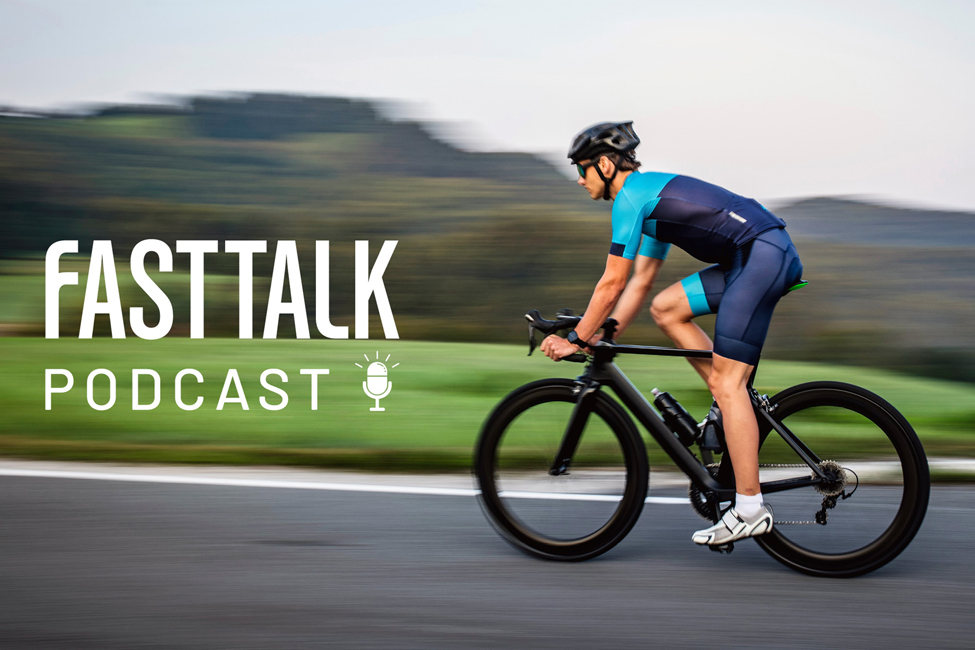
The Fast Talk Podcast focuses on the science of endurance sports in a conversational and informative style. Mixed into the deep discussions, there are tips and takeaways regarding endurance training philosophy, human physiology, workout design, performance nutrition, and sport psychology.
Our hosts Trevor Connor and Rob Pickels explore these topics with world-class, leading experts on endurance sports. These include researchers like Dr. Stephen Seiler, Dr. Bent Ronnestand, Dr. Inigo San Millan, as well as coaches such as Joe Friel, Neal Henderson, Stacy Sims, and Grant Holicky.
Subscribe to Fast Talk for over 275 episodes on Apple Podcasts, Google Podcasts, Overcast, Soundcloud, Spotify, Stitcher, and on your favorite podcasting app.

We all understand the purpose of high-intensity intervals and long endurance rides, but is there a value to kitting up and doing a workout that’s both short and easy?
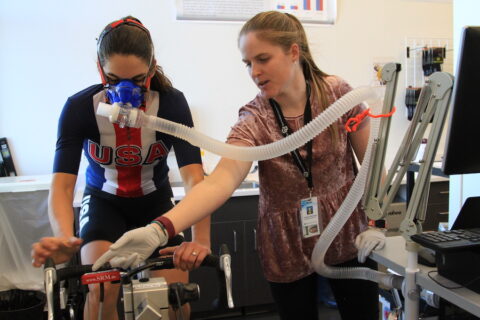
Time at VO2max is driving the recent research on what makes the most effective intervals, but is it a good metric to use? We find out on this week’s Fast Talk podcast.
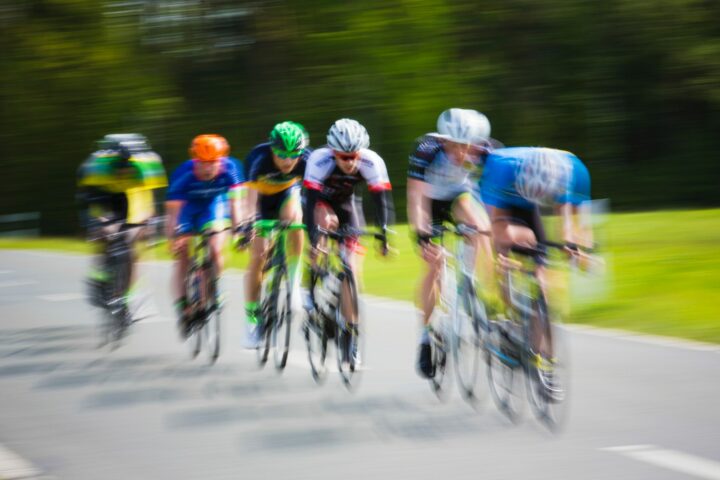
High-intensity training offers many benefits. It also has limitations. We explore just how much HIT work you need to perform at your best.
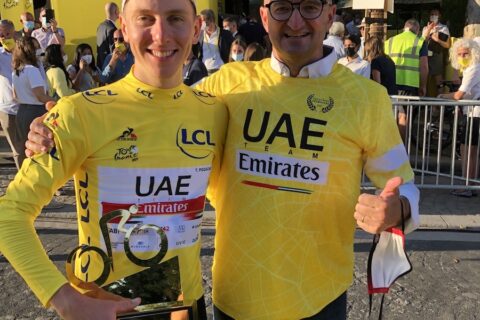
Elite cycling coach Dr. Iñigo San Millán explores the goals of training during the early season, base training months and how to best execute that training.
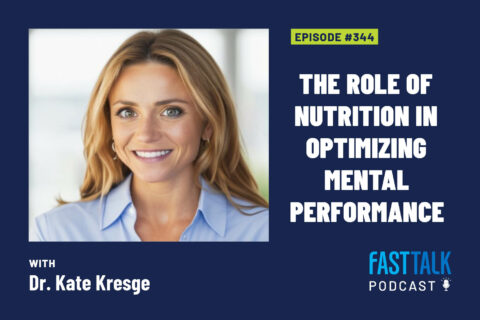
We shine a light on an often overlooked aspect of athletic success: using nutrition for optimal mental performance, especially for endurance athletes.
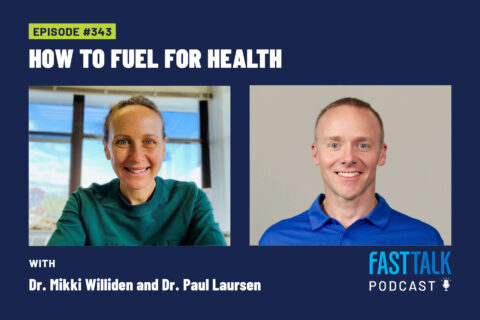
There’s an important difference between fueling for performance and fueling for health. In this episode, Dr. Mikki Williden and Dr. Paul Laursen give their suggestions on how to fuel for health.
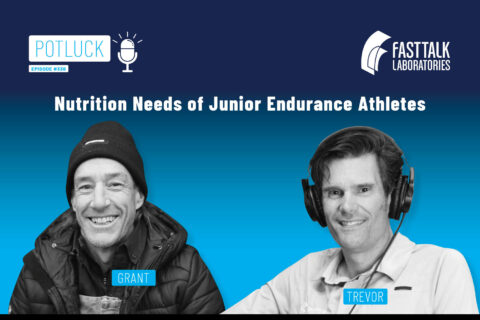
Our hosts talk with Jared Berg about the nutrition needs of development athletes and whether they should eat differently from their adult counterparts.
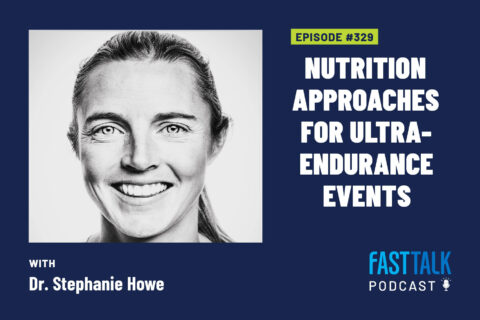
Athlete, coach, and nutritionist Stephanie Howe explains how ultra-athletes can optimize performance through evidence-based nutrition practices.
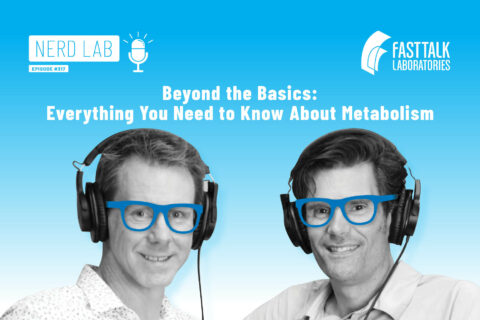
We explain what metabolism is, how our bodies use carbs and fat for fuel, and give an overview of the complex process designed to produce one molecule: ATP.
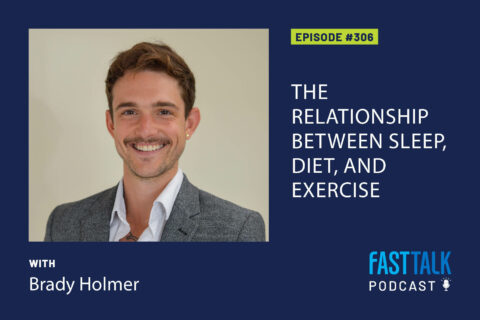
We talk with Examine.com writer Brady Holmer about how diet, exercise, and sleep all impact one another and ultimately play a key role in our health and performance.

National Team Coach and Nutritionist Kristen Arnold helps us explore maximizing your nutrition as an athlete, gives advice for how junior women can reach the next level, and shares her experience managing national projects.
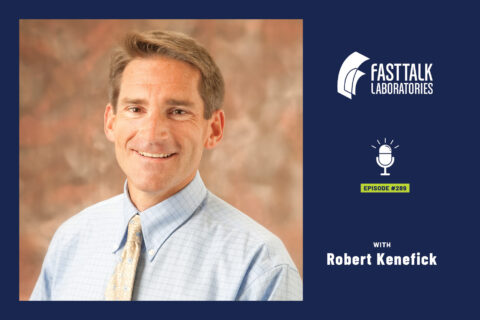
We talk with one of the world’s top hydration experts about the evolution of hydration science and how it has changed our sports drinks over the decades.

A naturopathic doctor and former executive editor, Griffin McMath brings her experience to the podcast and shares what she brings to Fast Talk Labs.
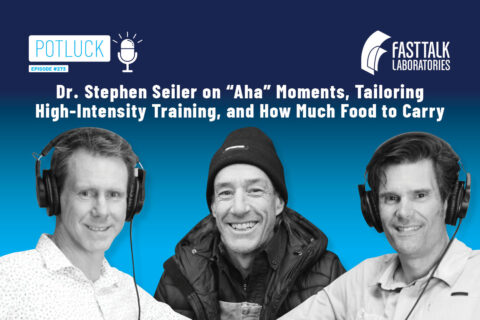
Welcome to another potluck conversation with regulars Grant Holicky, Trevor Connor, and Rob Pickels. In these discussions, we pick topics that we find interesting and break them apart using a mix of science, humor, and our own experience. This week’s potluck is a special episode because joining us is Dr. Stephen Seiler. He’s going to […]
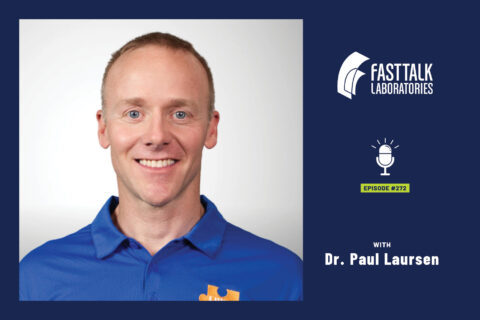
We discuss the questions of whether a low-carbohydrate diet truly hurts performance and if it is better for our health.
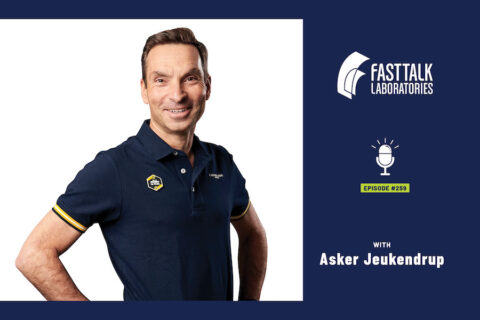
We know we need carbs for training and racing, but what impact do they have on our health? We discuss the pros and cons with one of the world’s leading sports nutrition experts.

We discuss the difference between nutrition and fueling, and why focusing on performance versus health can lead to very different dietary choices.
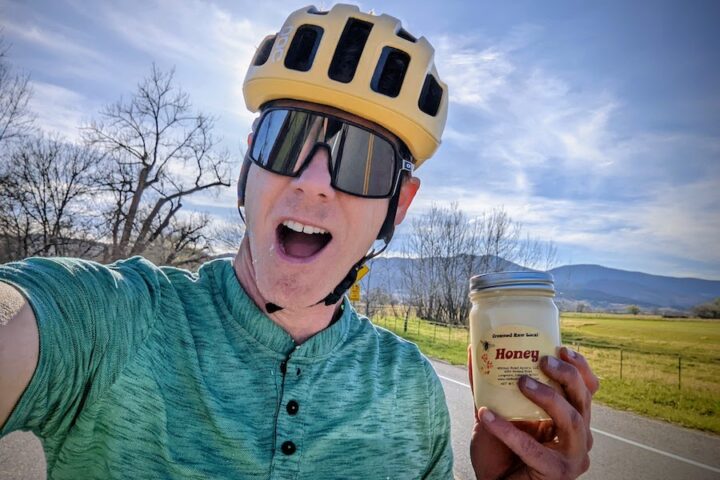
Our hosts have a “potluck discussion” about athletes’ different needs for carbohydrates, how 2×2-min intervals compare to Tabatas, and why current athletes can come back much quicker from time off.
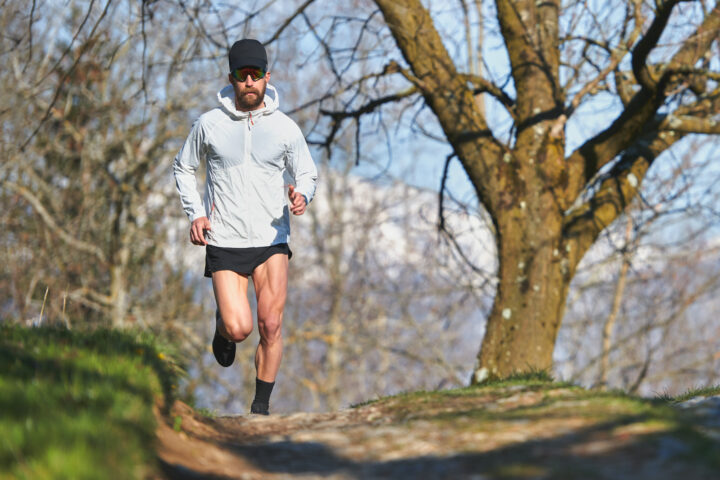
The author of The Athlete’s Gut talks with us about digestive issues like bloating, cramps, pain and inflammation, all of which can derail the best event preparation plans.
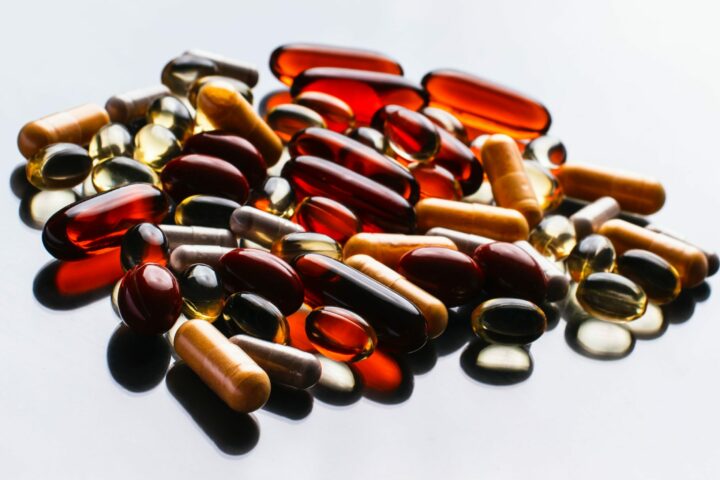
We’re joined by one of the world’s preeminent nutrition researchers to dive into the history, changing perception, and efficacy of supplements.

We gathered some of our favorite nutrition-themed questions on the psychology of food, the advantages of running before or after a big meal, winter weight fluctuations, and more.
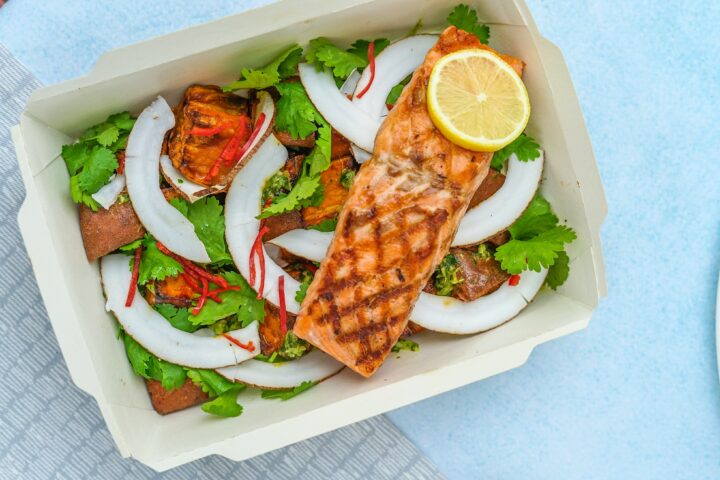
For decades, weight management has relied on an assumption: that manipulating calorie intake will predict weight gain or loss. But does it actually work?